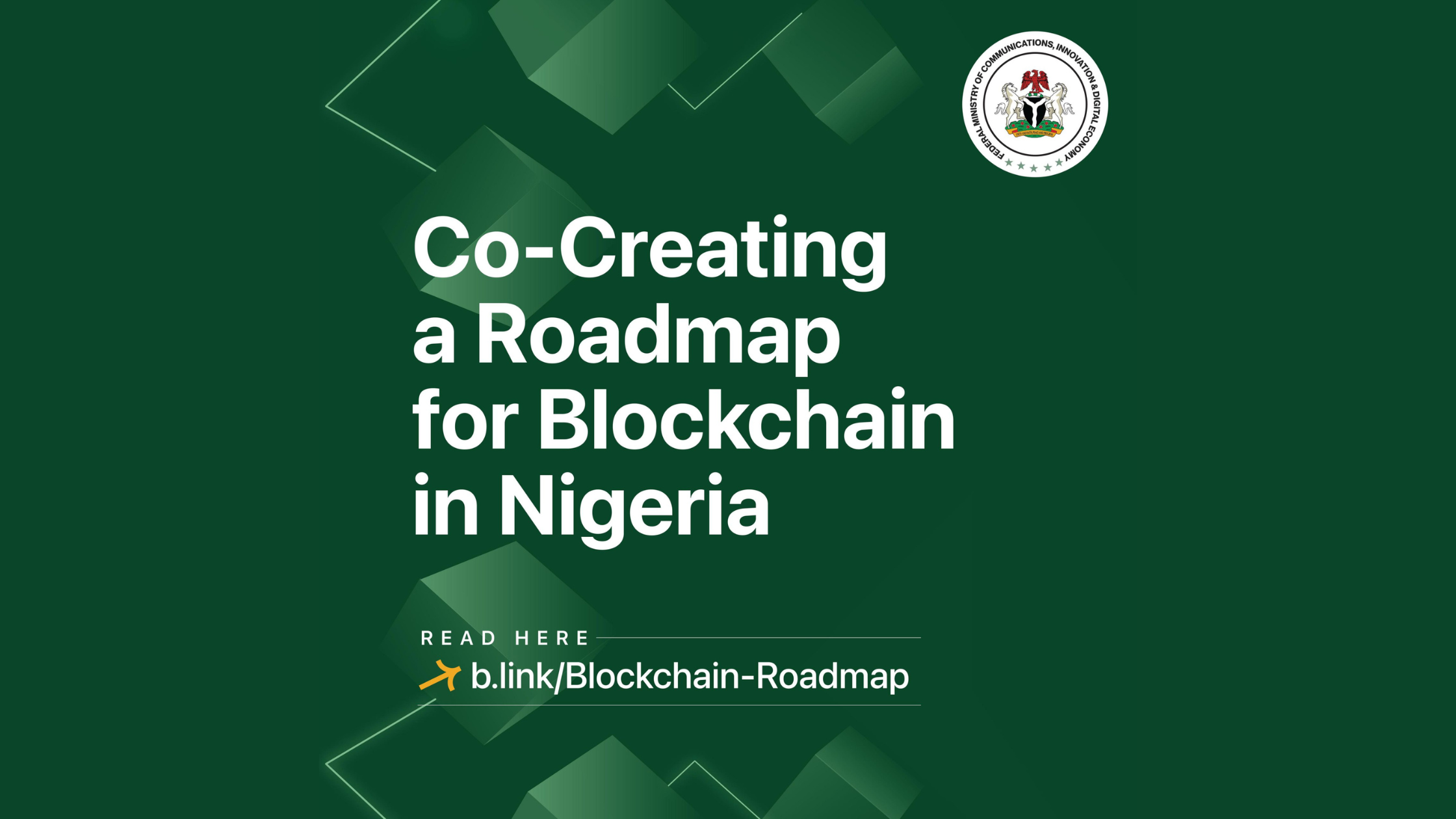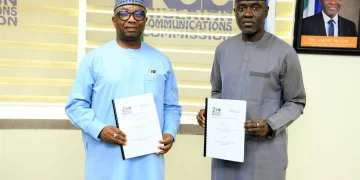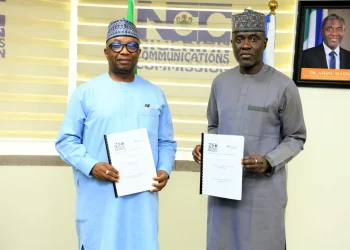Nigeria has taken a significant step toward building its digital future with the launch of a comprehensive National Blockchain Policy, announced by the Federal Ministry of Communications, Innovation & Digital Economy.
Dr. ‘Bosun Tijani, the Minister, emphasized that the new policy will provide a structured and inclusive framework for blockchain adoption, and ensure that the technology serves local needs and aligns with national aspirations.
“The inclusive approach ensures that Nigeria’s Blockchain policy is not only technically sound, but also locally relevant, with broad-based support that reflects the realities and aspirations of our nation,” Tijani stated in his announcement on LinkedIn.
According to the official whitepaper, blockchain is expected to enhance transparency, security, and operational efficiency. These features are very critical for emerging economies like Nigeria. With global blockchain applications predicted to add over $1.76 trillion to the world economy by 2030, Nigeria is positioning itself early to benefit from this shift.
Key Impact Areas for Nigeria
The policy outlines several priority areas where blockchain could play a transformative role:
- Financial inclusion: Reducing transaction costs by up to 80%, increasing access to financial services.
- Supply chain transparency: Enhancing traceability in sectors like agriculture, improving trust and efficiency.
- Digital identity: Providing secure, verifiable digital identities for Nigeria’s large unbanked population.
Strategic Objectives
The National Blockchain Policy builds on the 2024 National Blockchain Strategy developed by NITDA (National Information Technology Development Agency). Its main goals include:
- Developing a governance structure that encourages blockchain innovation while addressing local challenges.
- Engaging stakeholders to ensure wide-ranging input and support.
- Promoting public trust and awareness through education and open consultation.
- Stimulating homegrown solutions tailored to Nigeria’s economic and social needs.
Data-Driven and Inclusive Methodology
To build the policy’s foundation, researchers leveraged data from Lens.org, identifying over 2,200 blockchain-related publications in Nigeria. With the aid of generative AI and human verification, 21 active Nigerian researchers in blockchain were confirmed. Their profiles are listed in the whitepaper, with the goal of encouraging further collaboration.
A crowdsourcing initiative will now refine this researcher list. The public is encouraged to suggest additional names and confirm academic or institutional affiliations in an effort to ensure inclusivity and transparency.
What’s Next
This co-creation process is central to the policy’s rollout. Nigeria is building a blockchain strategy rooted in collective input by involving researchers, entrepreneurs, and the general public.
The policy provides a roadmap for responsible innovation. With the right infrastructure and stakeholder involvement, blockchain could redefine sectors like finance, agriculture, healthcare, governance, and the likes.
To read the full National Blockchain Policy Whitepaper, click here: https://lnkd.in/en6XCXRt














